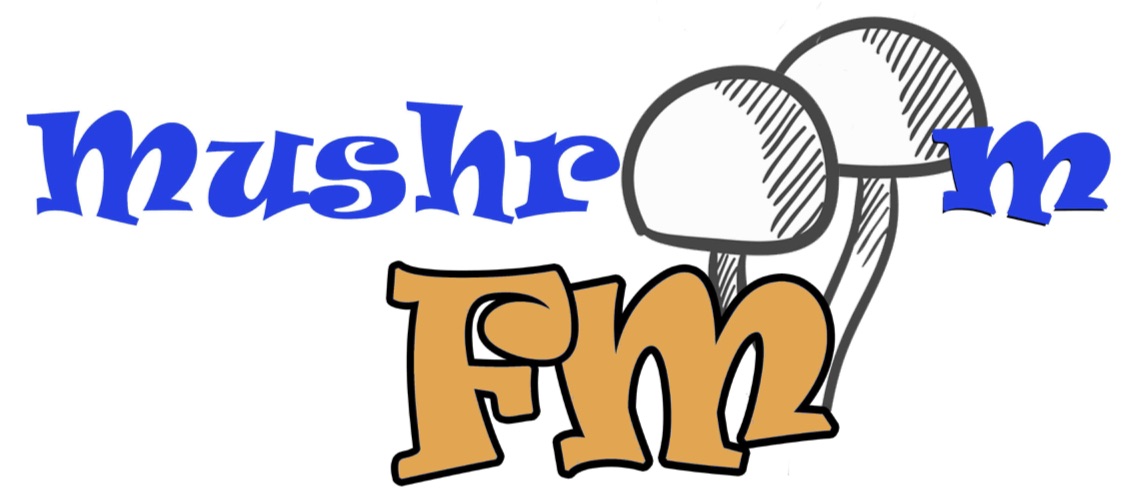Coming up on Saturday at the Described Movies: The Postman Always Rings Twice, Double Indemnity, and Kid in Hollywood.
From this Saturday at 12am Eastern, that’s 5pm Saturday in NZ, 3pm in Sydney and 5am in the UK, and repeated every four hours throughout the day, it’s the described Movies the Postman Always Rings Twice from 1946, Double Indemnity from 1944, and Kid in Hollywood from 1933.
The Postman Always Rings Twice is a 1946 American film noir based on the 1934 novel of the same name by James M. Cain.
This adaptation of the novel features Lana Turner, John Garfield, Cecil Kellaway, Hume Cronyn, Leon Ames, and Audrey Totter.
It was directed by Tay Garnett.
The musical score was written by George Bassman and Erich Zeisl (the latter uncredited).
This version was the third filming of The Postman Always Rings Twice, but the first under the novel's original title and the first in English.
Previously, the novel had been filmed as Le Dernier Tournant (The Last Turning) in France in 1939 and as Ossessione (Obsession) in Italy in 1943.
Drifter Frank Chambers arrives at a quiet California roadside restaurant where he meets and falls for drop-dead gorgeous Cora, the wife of restaurant owner Nick Smith.
After weaseling his way into a job, the two begin a deadly love affair and cook up plans to end her marriage and start a new life together.
Directed by: Tay Garnett.
Screenplay by: Harry Ruskin, and Niven Busch.
Based on: The Postman Always Rings Twice 1934 novel by James M. Cain.
Produced by: Carey Wilson.
Starring: Lana Turner, John Garfield, Cecil Kellaway, and Hume Cronyn.
Cinematography: Sidney Wagner.
Edited by: George White.
Music by: George Bassman, and Erich Zeisl.
Distributed by: Metro-Goldwyn-Mayer.
Release date: 2 May 1946 (United States).
File Length: 113 minutes.
Country: United States.
Language: English.
Budget: $1.6 million.
Box office: $5 million.
Double Indemnity is a 1944 American crime film noir directed by Billy Wilder, co-written by Wilder and Raymond Chandler, and produced by Buddy DeSylva. and Joseph Sistrom.
The screenplay was based on James M. Cain's 1943 novel of the same title, which appeared as an eight-part serial for the Liberty magazine in February 1936.
The film stars Fred MacMurray as an insurance salesman, Barbara Stanwyck
as a provocative housewife who is accused of killing her husband, and Edward G. Robinson as a claims adjuster whose job is to find phony claims.
The term " double indemnity" refers to a clause in certain life insurance policies that doubles the pay-out in cases when the death is accidental.
Praised by many critics when first released, the film was nominated for seven Academy Awards but did not win any.
Widely regarded as a classic, it often is cited as having set the standard for film noir.
Deemed "culturally, historically, or aesthetically significant" by the U.S. Library of Congress in 1992, Double Indemnity was selected for preservation in the National Film Registry.
In 1998, it was ranked No. 38 on the American Film Institute's list of the 100 best American films of all time, and in 2007 it placed 29th on their 10th Anniversary list.
Wilder considered Double Indemnity his best film in terms of having the fewest scripting and shooting errors, and always maintained that the two things he was proudest of in his career were the compliments he received from Cain about Double Indemnity and from Agatha Christie for his handling of her Witness for the Prosecution.
Directed by: Billy Wilder.
Screenplay by: Billy Wilder , and Raymond Chandler.
Based on: Double Indemnity by James M. Cain.
Produced by: Joseph Sistrom.
Starring: Fred MacMurray, Barbara Stanwyck, Edward G. Robinson, Porter Hall, Jean Heather, Byron Barr, Richard Gaines, and John Philliber.
Cinematography: John Seitz.
Edited by: Doane Harrison.
Music by: Miklós Rózsa.
Production Company: Paramount Pictures.
Distributed by: Paramount Pictures.
Release date: 3 July 1944 (United States).
File Length: 107 minutes.
Country: United States.
Language: English.
Budget: $980,000.
Box office: $5 million.
Kid in Hollywood from 1933 is a short film starring Shirley Temple.
An aspiring actress is rejected by casting but gets her chance to perform when the star doesn't feel like performing. The cast is all young children,
performing adult roles.
Director: Charles Lamont.
Writer: Charles Lamont.
File Length: 9 minutes.
Release date: 14 Marc 1933.
Country: United States.
Language: English.
Any questions, comments, or ideas for future described movies: e-mail me: anthony at mushroomfm dot com (e-mail address written that way to cut down on
spam)
Enjoy the movies,
